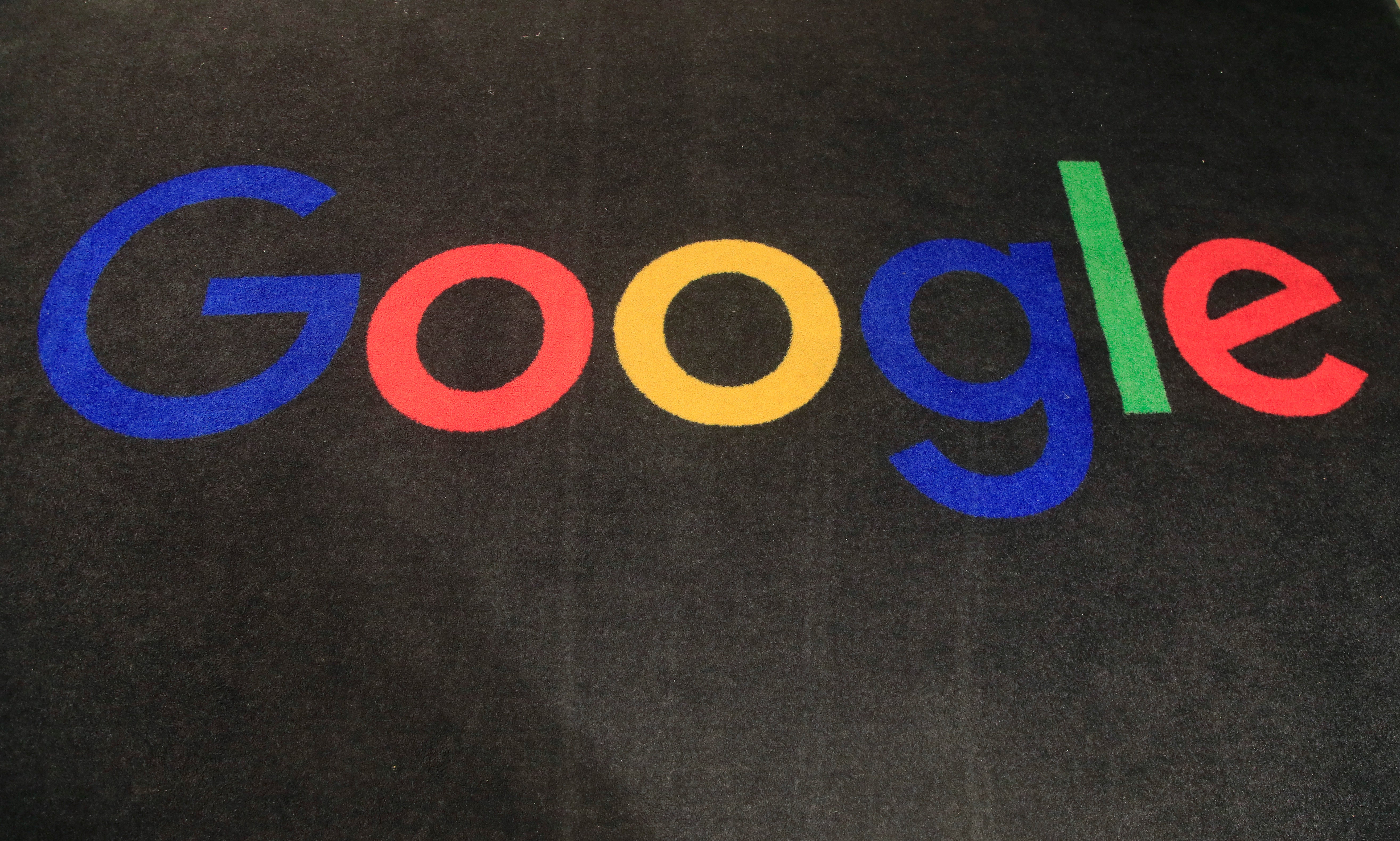US antitrust crackdown on Google echoes Europe's moves
The U.S. antitrust crackdown on Google might seem like deja vu for European Union regulators

The U.S. antitrust crackdown on Google might seem like deja vu for European Union regulators.
By U.S. standards, the Justice Department s move to sue Google this week for abusing its dominance in online search and advertising was a bold move. But it treads on ground already broken years before by EU officials in Brussels.
The EU's competition commissioner, Executive Vice President Margrethe Vestager has slapped the tech behemoth with multibillion dollar penalties in three separate competition cases in recent years. The eye-popping fines put Vestager at the forefront of the global movement to rein in Big Tech companies. But critics say - and Vestager has acknowledged - that they haven't done much to change the company's behavior and officials in Brussels have been weighing up new tools.
Google got its first EU antitrust penalty in 2017, when officials fined it 2.42 billion euros ($2.72 billion) for unfairly favoring its own online shopping recommendations in its search results.
The investigation, which had lasted seven years, found that Google unfairly directed visitors to its comparison shopping service, Google Shopping, to the detriment of its rivals. Regulators demanded Google change the way it provides search results in Europe.
A year later, the EU commission fined Google 4.34 billion euros for forcing smartphone makers that use its Android operating system to install Google search and browser apps. In response, Google started giving European Android users a choice of browsers and search apps.
European regulators also fined Google 1.49 billion euros last year for freezing out rivals in the online advertising business. By the time the investigation wrapped up, Google had already made some changes so regulators didn't require a specific remedy to restore competition. But Vestager said at the time that it appeared rivals had not been able to catch up, and some were “quite small.”
BEUC, a European consumer group, welcomed the U.S. investigation and said American authorities should learn from the bloc's experience.
“We hope U.S. authorities have paid attention to two major drawbacks of the EU investigations: the long-drawn-out process and Google’s tactics to use any loophole to avoid changing its business model,” the group said.
Regulators have taken a different tack in more recent cases involving technology companies. This month U.S. chipmaker Broadcom agreed to stop competition-restricting exclusive contracts with customers, a move that Vestager had imposed last year as “interim measures” while officials carried out a full investigation.
“If you have taken out a tool of the tool box and you’ve got some experience in using it, it’s more likely you will use it again,” Vestager said when asked in a press briefing whether she would use the measures in future investigations.
On a broader level, the EU’s executive Commission has been drawing up proposals for sweeping new regulations for the digital age that aim to shape online markets by preventing companies from dominating them in the first place.